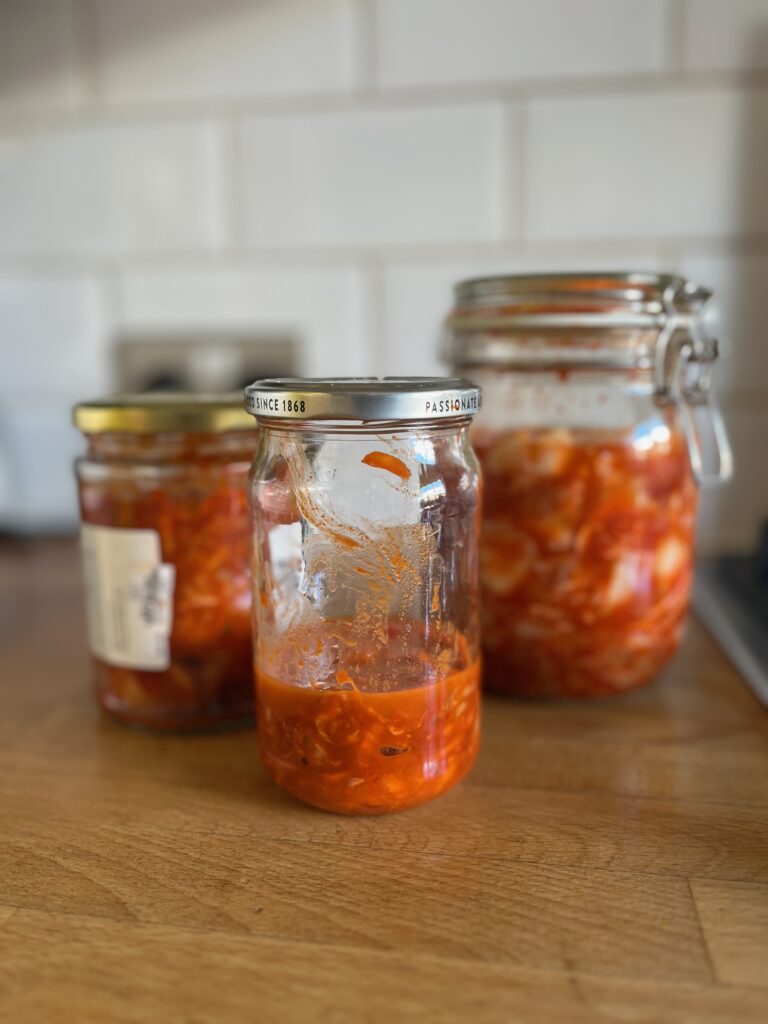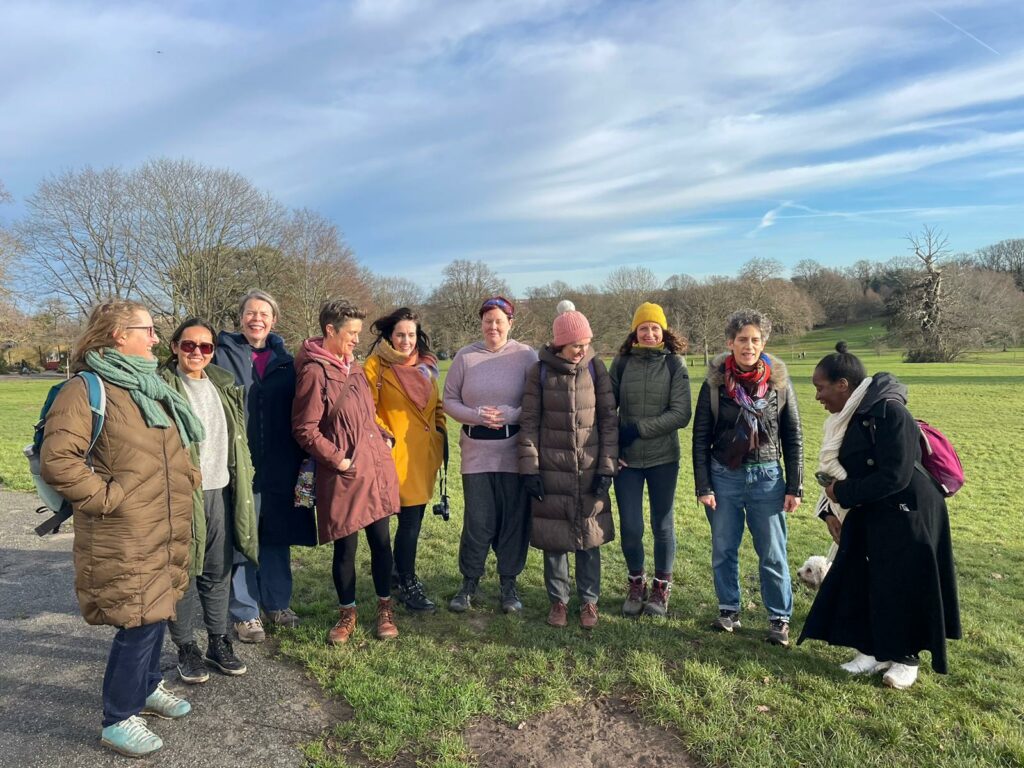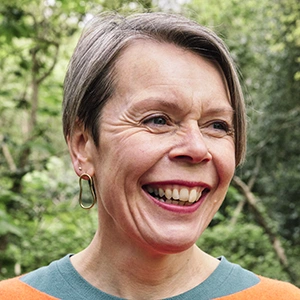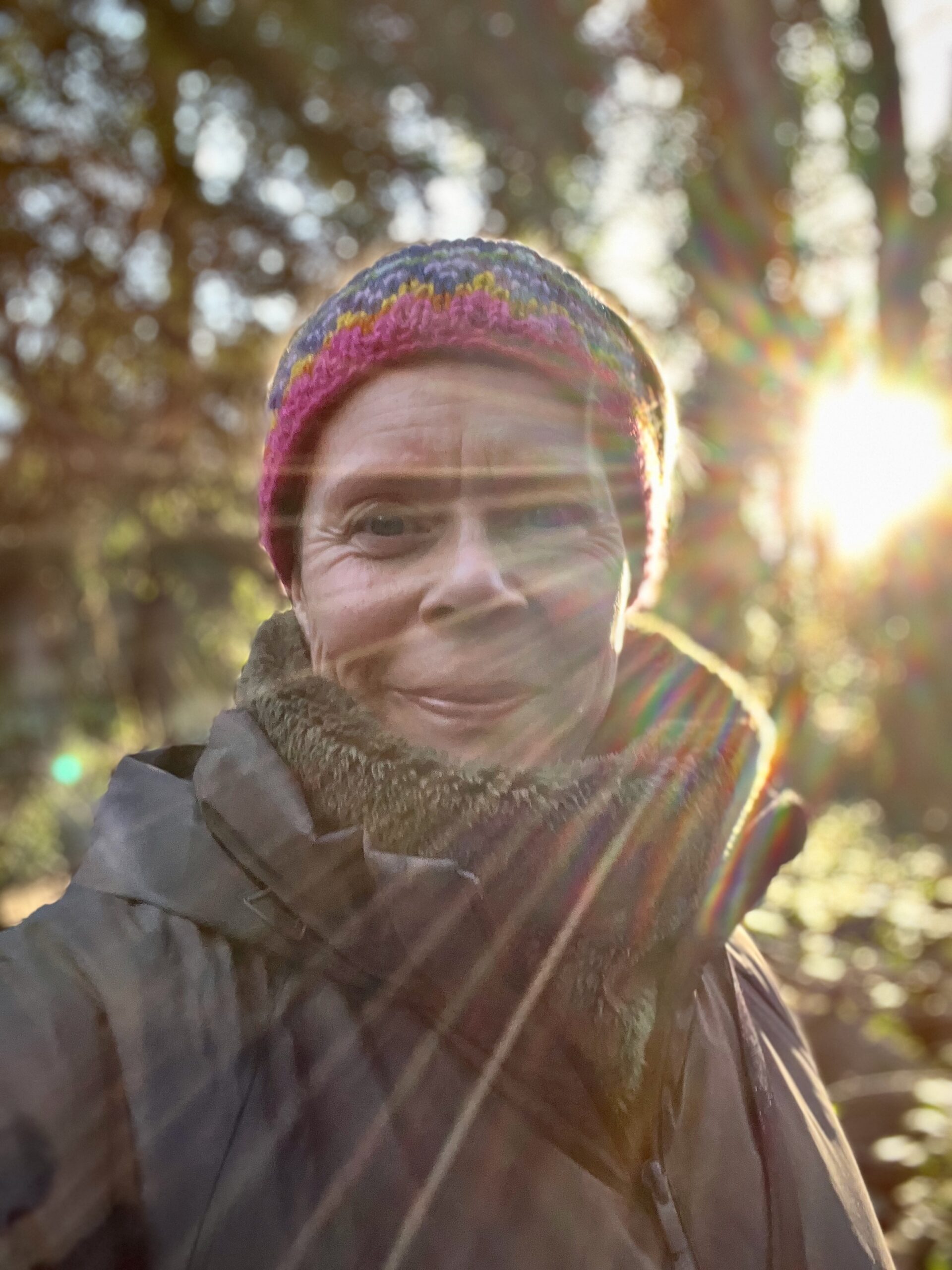This post is aimed for those of us navigating midlife, the perimenopause or menopause who want to feel better and get outdoors this winter.
I often find January and February hard work. Dreary, grey UK skies (although NOT at the time of writing!), it gets me down. I have this urge for Spring to ‘hurry up’. The irony is not lost on me – London Life Coach, works outdoors..!
Winter can affect our mood negatively; it can disrupt hormones, our sleep pattern and overall well being. We want to hibernate, and although as a human species we don’t, we instinctively feel the need to stay inside, wrapped up and not go out.
Stepping outside into daylight – literally and metaphorically, can work wonders on the brain and soul.
So here are my five top tips to encourage you to get outdoors into nature, to improve your wellbeing this winter, even when you might not want to. Plus, I have a top tip for when it is a challenge!
1. 20 minutes a day in nature to improve your mood
Spending just over 2 hours a week – without your phone – significantly reduces a person’s stress levels (cortisol) and can reduce anxiety, depression and ruminating thoughts according to research by The University of Exeter – more here.
Getting outdoors into the park everyday is a non-negotiable for my wellbeing. And this is of course is partly why I life coach outdoors; nature soothes us. We loosen up with the movement of walking, our thoughts become more free as we start to think more clearly, we de-stress. I LOVE Beckenham Place Park (you possibly already know this!) to lift my mood; open space, woodland, swimming in the lake – see tip 5.
2. Enhance mental and physical health with morning sunlight
Prof. Andrew Huberman considers morning sunlight exposure ‘in the top five of all actions that support mental health, physical health and performance’. Morning sunlight, even through clouds (perfect for us in the UK!), contributes to better sleep by resetting your circadian clock. In effect, morning sunlight gives us the cue that 14-16 hours later, it’ll be bedtime.
Plus, at this time of year we have the huge benefit of seeing the most amazing sunrises at a reasonable time of day. I sometimes walk my dog Rolo at this time of day in Sydenham Wells Park and it totally lifts me! Read more about the benefits of morning sunlight, here.
3. Increase the diversity in your gut microbiome
Getting outdoors helps our gut health. “We know that good mental and physical health comes from having a diverse gut microbiome. So not only does the fresh air help our lungs, it gets right down into our guts too”, says Dana Chapman, Nutritional Therapist. She draws parallels between a diverse gut microbiome and a harmonious and thriving village, to highlight the importance of diversity for immune, mental, and physical wellbeing. “The more diversity of people in the village the more harmony there is, and it’s exactly the same in our gut”.
She offers some simple and delicious recipes on her website – I like this Salmon salad. Plus she offer workshops on nutrition, mental health and neurodivergence. And, as nutritional health really interests me, here’s a pic of my 2nd attempt at making Kimchi, a fermented food which is great for the gut microbiome. Yum!

4. Exercise outdoors to reduce stress (and more!)
If you’ve seen fitness classes in Crystal Palace Park run by a gregarious woman in pink leg-warmers, it’s likely to be Sarah Aarons. She’s a Personal Trainer and is a big advocate of exercising outdoors whenever possible. She’s also part of the Winter Wellbeing season run by the newly formed Crystal Palace Park Trust, during January. ‘My clients often report an enhanced feeling of wellbeing after an outdoor session. Exercising outdoors has been found to help reduce depression, anxiety and anger due to the increased Vitamin D intake. It also helps reduce blood pressure and stress, meaning that outdoor exercise feels less strenuous than the same exercise performed in an indoor environment.” Many of her clients are midlife women and men and she offers a brilliant range of classes (which I can personally recommend!).
5. Find your tribe – group life coaching in nature for midlife women
If you’re a midlife women in South London, why not get outdoors and join my FREE life coaching Walk and Talks in Beckenham Place Park? On the first Friday each month, 10am. Check out Pause Outdoors – my group life coaching collaboration.
We’ve got some EXCITING group life coaching events in London coming up – so an unashamed shout to follow us on our socials (go on!) to keep up to date;

Finally, my TOP TIP for when it feels hard/a challenge
20 minutes a day in nature isn’t a lot, and perhaps you feel stuck for time, or that it’s a challenge on top of all the other stuff going on? If the challenge for you is actually just doing it, this concept might help you; ‘Habit Stacking’. James Clear in Atomic Habits talks about recognising and building onto good habits you already have to make a new habit easier to achieve.
‘One of the best ways to build a new habit is to identify a current habit you already do each day and then stack your new behavior on top. This is called habit stacking.’
Plus, make it small and achievable – what I call, chunking it down. Read this article to understand the power of habit stacking or read Atomic Habits, his super insightful book about making habits sustainable.
Read one of my older posts about Growth Mindset and doing ‘hard’ things. Where I successfully avoided eating meatballs at IKEA…
Or about the perimenopause and menopause and a little about my experience.
So, how can you embrace the outdoors more this winter to improve your midlife wellbeing?
If you think coaching outdoors might help clarify your thoughts into actual steps forward, book a free, no obligation call with me here.
Let’s talk!

